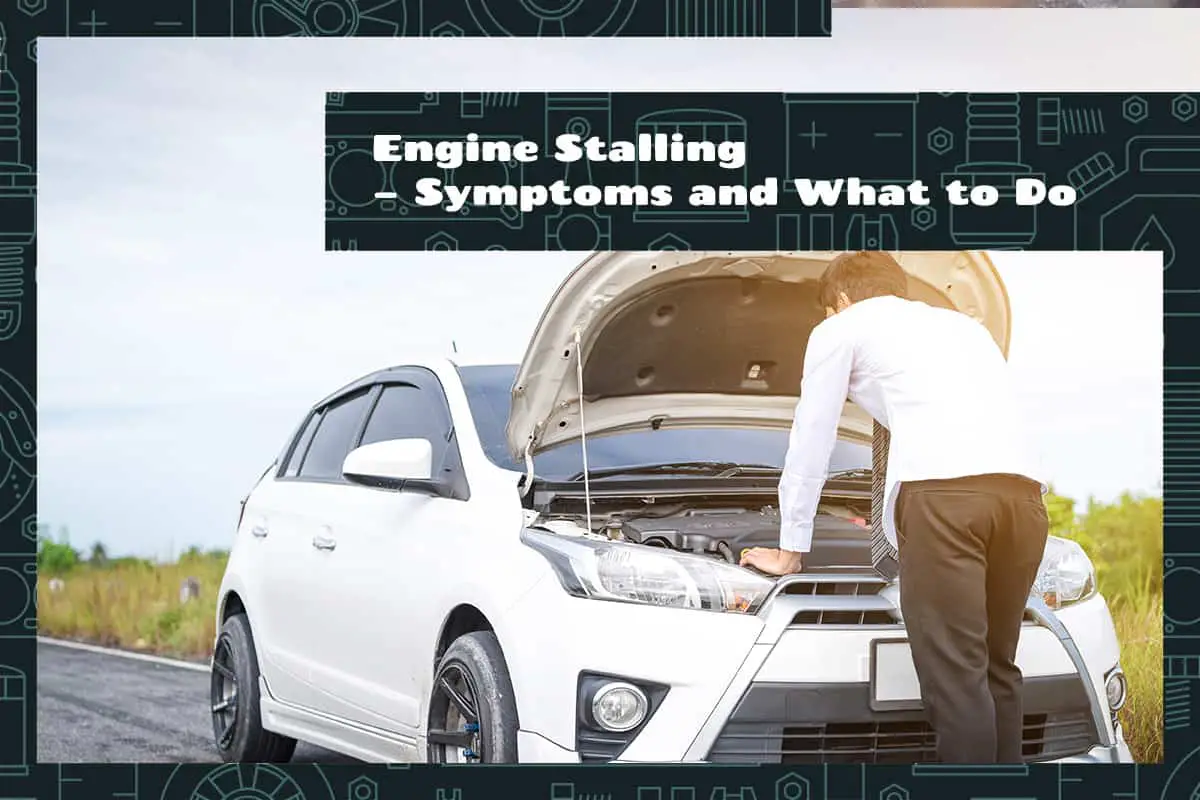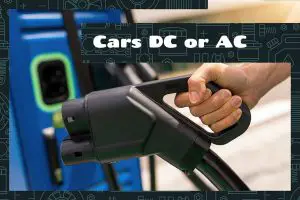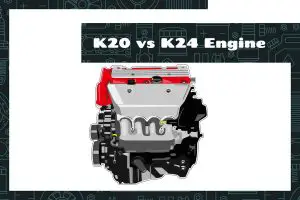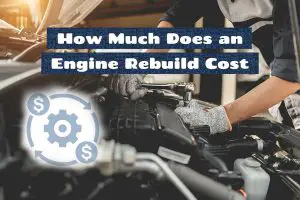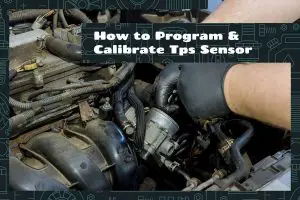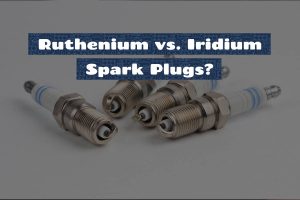Engine stalling happens when your car’s engine stops running, often unexpectedly. This can be due to a variety of reasons, including issues with the fuel system, air intake, or even the engine’s computer. Not only can stalling be a nuisance, but it can also be dangerous, especially if it occurs while you’re driving.
Symptoms of engine stalling include sudden engine stops, power loss, unusual noises, and warning lights. When your engine stalls, you should:
- Ensure safety: Safely steer your car off the road.
- Check obvious issues: Inspect for any noticeable problems (like out of gas).
- Try a quick fix: Try restarting the engine or tightening the gas cap.
- Seek professional help: If you can’t identify or solve the problem, call for roadside assistance.
In this article, we will dive deeper into the symptoms and causes of engine stalling, what to do when it happens, and how to prevent it.
The Mechanics of Engine Stalling
Engine stalling is like when your body suddenly stops because it doesn’t get the food, water, or air it needs to keep going. Let’s understand why this happens in a car engine, and what roles different parts of your car play in it.
How an Engine Works – A Brief Overview
Your car engine is like a big, mechanical heart. It needs three main things to work: air, fuel, and a spark. Air and fuel mix together inside your engine, and the spark lights this mix, causing an explosion. This explosion pushes parts of the engine, making your car move. Just like your heart pumps blood to make you move, the engine produces these mini explosions to make your car move.
Key Engine Components in Stalling
Here’s a little more about the three key ingredients your engine needs and the parts that supply them:
- Air: Your car breathes in air through something called the air intake system. If this system gets blocked, your engine may not get enough air and stall.
- Fuel: Fuel is delivered to the engine by the fuel system, which includes a fuel pump, fuel filter, and fuel injectors. If any of these parts fail, your engine may not get the right amount of fuel and could stall.
- Spark: The spark that lights the fuel-air mix comes from your car’s ignition system, including spark plugs and ignition coils. If these parts are not working properly, the spark might not happen, and your engine may stall.
Symptoms of Engine Stalling
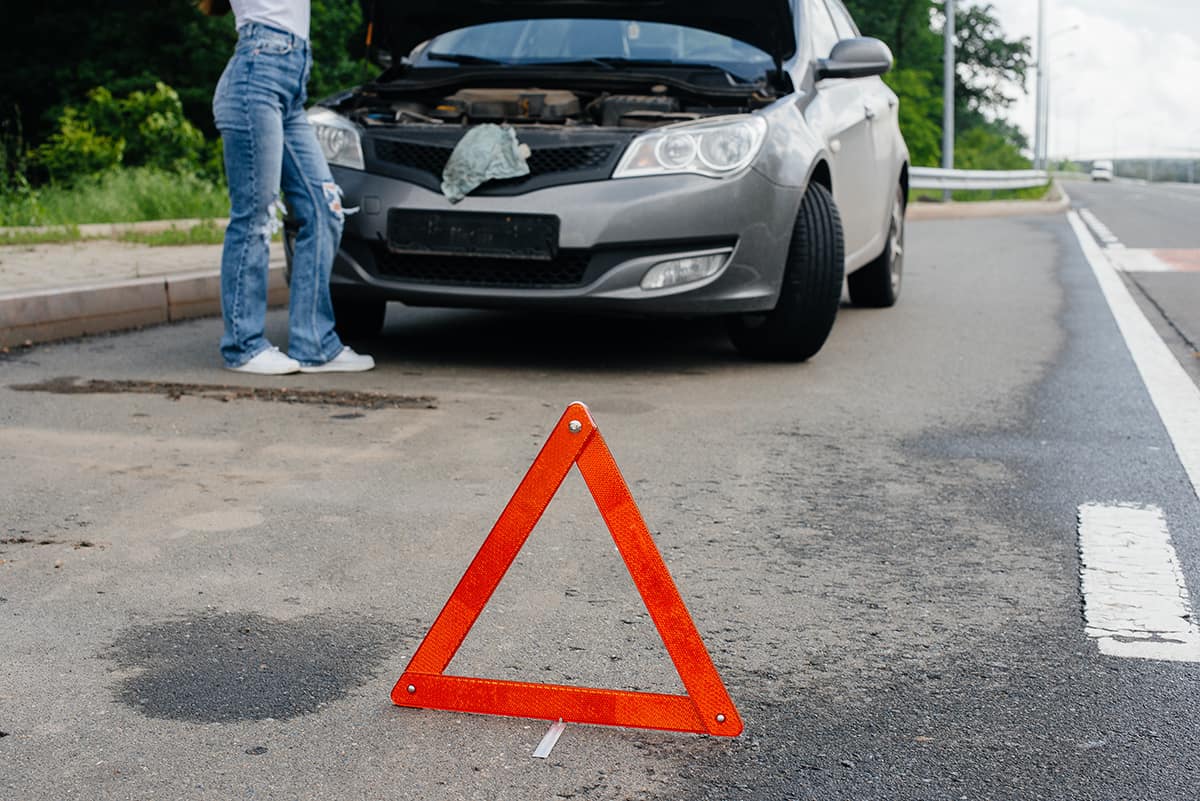
Here are a few key symptoms that indicate your car is suffering from engine stalling issues.
1. Sudden engine stop
Your car is running fine, and then suddenly, it isn’t. The engine just shuts off. This could happen while you’re driving or when you’re starting your car. It’s the most obvious sign that your engine is stalling, but there are other symptoms you can look for before this happens.
2. Power loss
If your car is about to stall, it might not run as smoothly as it usually does. You might notice it struggles to speed up, or it might shake when you’re driving or idling. This could be a sign that your engine isn’t getting enough fuel or air or the spark isn’t happening as it should.
3. Unusual noises
If your engine starts making unusual noises—clicks, knocks, or hums—it could be a sign of trouble. These noises could mean there’s something wrong with the air intake, fuel system, or ignition system.
4. Warning lights
Your car’s dashboard is like a health report for your car. When something’s not right, warning lights might come on. This could be a sign of many different problems, including those that cause your engine to stall.
Common Causes of Engine Stalling
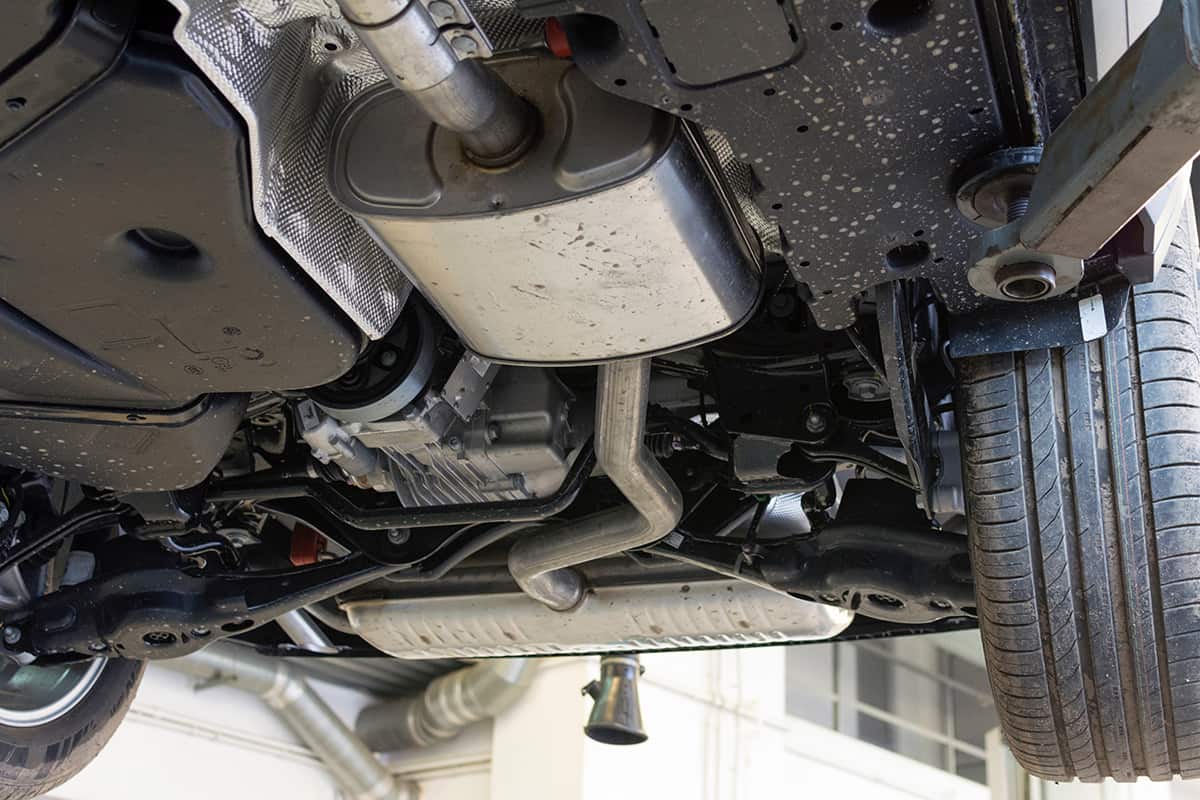
When your car stalls, there’s an underlying cause. Let’s discuss some of the most common reasons that can make your car stall.
1. Fuel system issues
The fuel system in your car delivers gasoline from the fuel tank to the engine. If there’s a problem in this system, your engine may starve and stall. Common issues include:
- Dirty or clogged fuel filter: The fuel filter acts like a sieve, blocking dirt from reaching the engine. If it gets too dirty, it might also block fuel, causing the engine to stall. This may also be a sign that your car stalls even after filling the tank.
- Faulty fuel pump: This acts like your heart, pumping fuel to the engine. If it’s weak or broken, the engine might not get enough fuel. This is also a cause of why your car’s gas gauge needle doesn’t reach a max level after topping off the tank.
- Bad fuel injectors: These spray fuel into the engine, like sprinklers in a garden. If they’re clogged or leaking, the engine might not get the right amount of fuel. If you hear clicking noises when stepping on the gas pedal, bad fuel injectors may contribute to the problem.
2. Ignition system problems
Your car needs a spark to ignite the fuel-air mix in the engine. This spark comes from the ignition system. If this system fails, there won’t be a spark, and the engine can’t run. Problems in this system can include:
- Worn-out spark plugs: These create the spark. If they’re old or dirty, they might not create a strong enough spark.
- Bad ignition coils: These work with spark plugs to create the spark. If they’re not working properly, the spark might not happen.
3. Air intake and exhaust blockages
The air intake and exhaust systems let air into the engine and let exhaust gases out. If these systems are blocked, your engine can’t breathe properly and might stall. Issues can include:
- Clogged air filter: This blocks dirt from getting into the engine along with the air. If it’s too clogged, it might block air too.
- Blocked exhaust pipe: This lets the exhaust gasses out. If it’s blocked, old exhaust gasses might stay in the engine, not leaving enough room for fresh air.
3. Engine Control Unit (ECU) malfunctions
The ECU is like the brain of your car. It controls the engine and other systems. If it malfunctions, it might send the wrong signals and cause the engine to stall. This could be due to a software issue or a faulty sensor.
5. Transmission system failures
The transmission system controls the gears of your car. If there’s a problem with this system, especially in cars with an automatic transmission, the engine might stall.
How to Respond When Your Engine Stalls
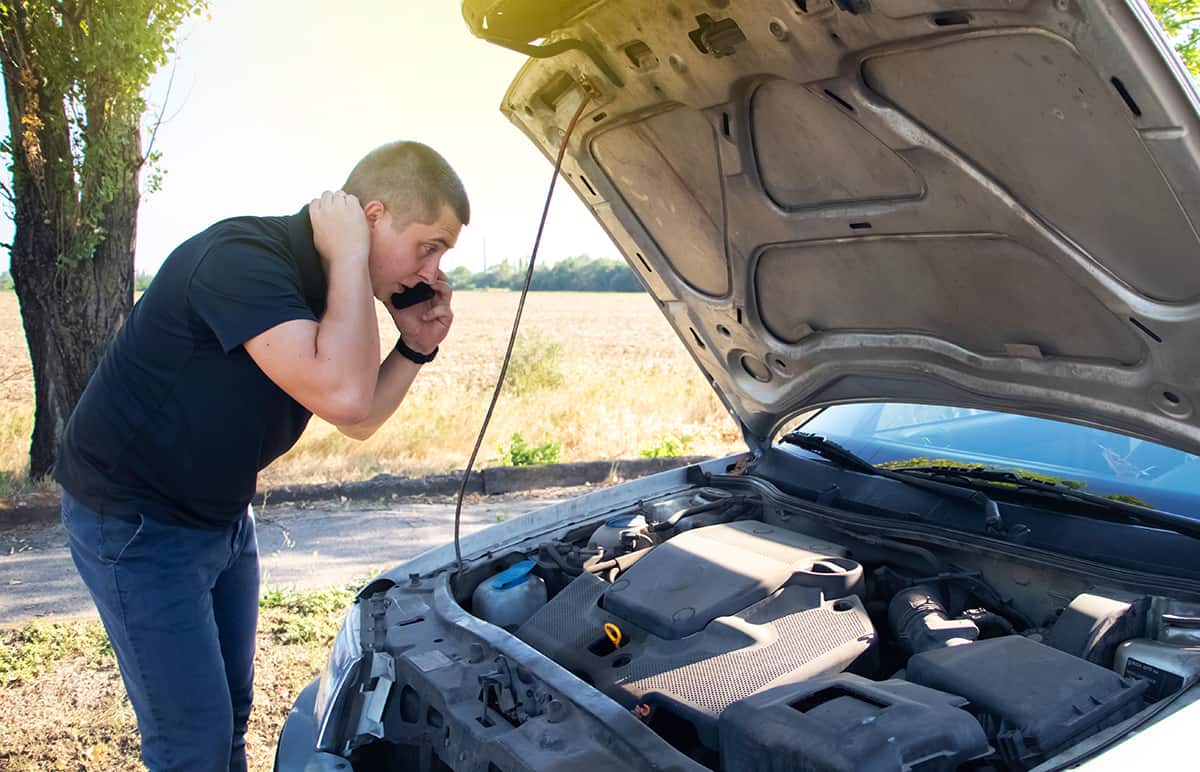
When your car’s engine stalls, there are steps you should take to ensure safety and prevent further damage. Let’s walk through those steps.
Immediate steps
The first thing to do is make sure you and others are safe. If your engine stalls while you’re driving, try to keep calm. Turn on your hazard lights to alert other drivers, then steer your car to a safe place, like the side of the road or a parking lot.
Diagnose the problem
- Out of gas? Check your fuel gauge. Your car could’ve stalled because it ran out of fuel.
- Warning lights on? See if any lights on your dashboard are on, like the check engine light. These can hint at what’s wrong.
- Smell anything strange? If you smell gas or smoke, that could point to certain problems.
- Dead battery? The engine may begin to stall if the battery is low on power.
Try a quick fix
Sometimes, the problem could be a small, temporary glitch. Try these quick fixes:
- Restart the engine: Sometimes, just like with computers, restarting might fix the problem.
- Check the fuel cap: A loose fuel cap can cause the engine to stall. Make sure it’s tightly closed.
When to call for help
If you can’t figure out the problem or if the problem is serious, it’s time to call for help. You could call a tow truck or roadside assistance or have someone who knows more about cars take a look.
Preventive Measures and Maintenance
Keeping your car in good shape helps prevent problems and keeps everything working smoothly. Here’s how you can take care of your car to prevent engine stalls.
1. Regular oil changes
Your car needs clean, fresh oil to function optimally. Oil lubricates the engine’s parts, helps it run smoothly, and prevents overheating. Regular oil changes are essential. Usually, it’s every 6,000 miles, but check your car’s manual to be sure.
2. Fuel system maintenance
- Change the fuel filter: It keeps dirt from reaching the engine. A dirty or clogged filter can cause stalling.
- Clean fuel injectors: These spray fuel into the engine. Cleaning them can ensure they work properly.
3. Ignition system upkeep
- Replace spark plugs: Over time, spark plugs can get dirty or worn out. Regularly replacing them can prevent stalling.
- Inspect ignition coils: These work with spark plugs to create the spark. Regular inspections can ensure they’re working right.
4. Air system care
- Changing the air filter: It keeps dirt from getting into the engine. Change it regularly to prevent blockages.
- Checking the exhaust system: Make sure it’s not blocked so old exhaust gases can leave the engine, making room for fresh air.
5. Regular inspections and servicing
Your car needs regular inspections and servicing. This can catch problems early before they cause your engine to stall. Make sure to take your car to a professional for regular maintenance. Also, regular checks and software updates for the ECU can ensure it’s working right.
